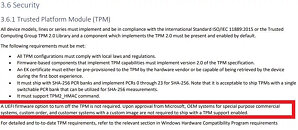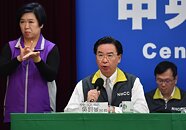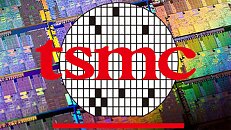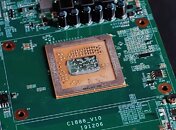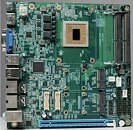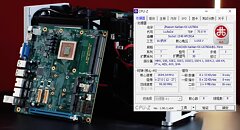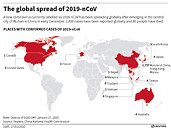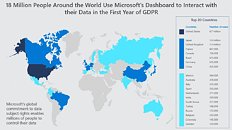TrendForce: YoY Growth Rate of Global Server Shipments for 2023 Has Been Lowered to 1.31%
The four major North American cloud service providers (CSPs) have made cuts to their server procurement quantities for this year because of economic headwinds and high inflation. Turning to server OEMs such as Dell and HPE, they are observed to have scaled back the production of server motherboards at their ODM partners. Given these developments, TrendForce now projects that global server shipments will grow by just 1.31% YoY to 14.43 million units for 2023. This latest figure is a downward correction from the earlier estimation. The revisions that server OEMs have made to their outlooks on shipments shows that the demand for end products has become much weaker than expected. They also highlight factors such as buyers of enterprise servers imposing a stricter control of their budgets and server OEMs' inventory corrections.















